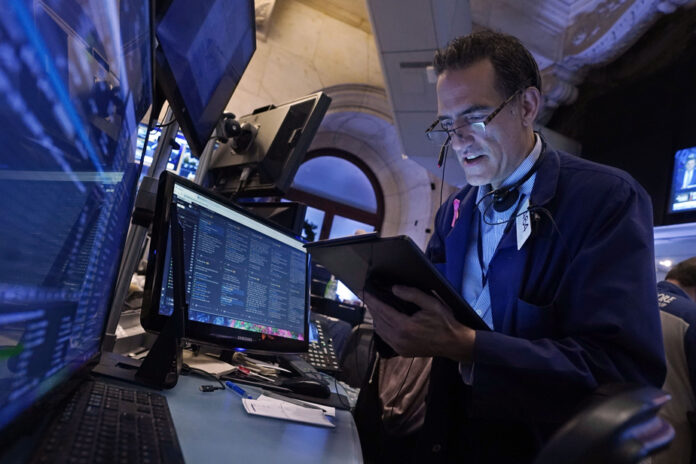Imagine you are a soccer player about to take a penalty shot in a crucial match.
In front of you, the goalkeeper of the opposing team hops on the goal line and extends his arms to make himself as tall as possible.
Where should you shoot? To the left ? To the right ?
A study1 that looked at penalty shots in high-level soccer competitions has the answer: you should shoot down the middle.
Of the 286 penalty shots studied, the goalkeeper remained in the center in only 3% of cases, while players shot from that location on almost 10% of occasions. A study carried out in the United Kingdom also showed that a shooter who simply aimed at the goalkeeper’s head scored 97% of the time, the highest proportion of all shooting zones.
Caught in a difficult situation, goalkeepers do not want to appear to underestimate the importance of the moment. They are eager to do something – anything – to help their team. So they set off.
This is a phenomenon psychologists call “action bias.” It is one of the cognitive biases that affects the human brain, and, I might add, one of the most costly for investors.
To illustrate, let’s go back to almost a year ago, and put ourselves in the shoes of an investor in the fall of 2022. I don’t know if you remember, but the world’s financial markets were not doing well in 2022.
For months, our investor has seen his investments lose value. So much so that by fall 2022, US markets had fallen 24% since the start of the year. Investments in the Canadian market had lost 14%, compared to a drop of 20% for the French market.
Stressed, unable to sleep, our investor consults the economic news site Bloomberg, hoping to find comfort there. Serious error. The agency claims in its headline that, according to its analysis model, the risks of recession in the United States in the next 12 months are 100%2.
A recession isn’t just likely, Bloomberg says: It’s guaranteed to happen. The analysis even claims that it will “hurt President Biden’s re-election chances” in 2024.
“Wow, this is bad! says our investor. I will sell my investments and return to the markets when the outlook is better and things become clearer. »
Like a goalkeeper faced with a difficult situation, our investor takes action.
Almost a year later, we know the verdict.
Financial markets have been on the rise since last fall. The US market grew by 20%, the Canadian market by 6%, and the French market by 21%.
The correct answer for investors in fall 2022 was to do nothing. But doing nothing is often the most difficult option when markets make us poorer day after day for months.
Action bias is not an aberration: it has played a key role in the survival of the human species. If a snake jumped in our face, we reacted. If a river threatened to overflow its banks and wash away our village, we would not sit idly by and watch the water rise.
In the world of investing, on the other hand, this cognitive bias is sure to harm us.
This fall too, recession alarms are being heard. Will we finally experience one? No idea: I’ll leave it to others to make predictions.
What we do know is that selling your financial assets in anticipation of a recession has historically not been a good idea.
THE
So even if we knew in advance the start date and the end date of a recession, and we could sell and buy on these precise dates, we would have been poorer compared to the investor who would have simply left his investments in peace.
Note that this concerns investments in index funds, which are extremely diversified. Many mutual funds or individual stocks have historically never reached their peak, which is why they are riskier than a passive index portfolio that tracks major indexes, including the S
And, speaking of corrections, if you buy diversified financial assets regularly, you should jump for joy when their value declines. Each new dollar can buy more assets than the day before. A drop is not a disaster, but rather a smile and a wink thrown in your direction by the gods of enrichment.
In this section, I often talk about the importance of investing for the long term. But long-term investing is like long-term eating: there’s no such thing.
In real life, we only experience a series of short-term periods, one after the other.
And, in the short term, it’s not pretty: we experience crises, panics, fears, declines, risks of this and that.
It is our ability to detach ourselves from it that will determine our results.















